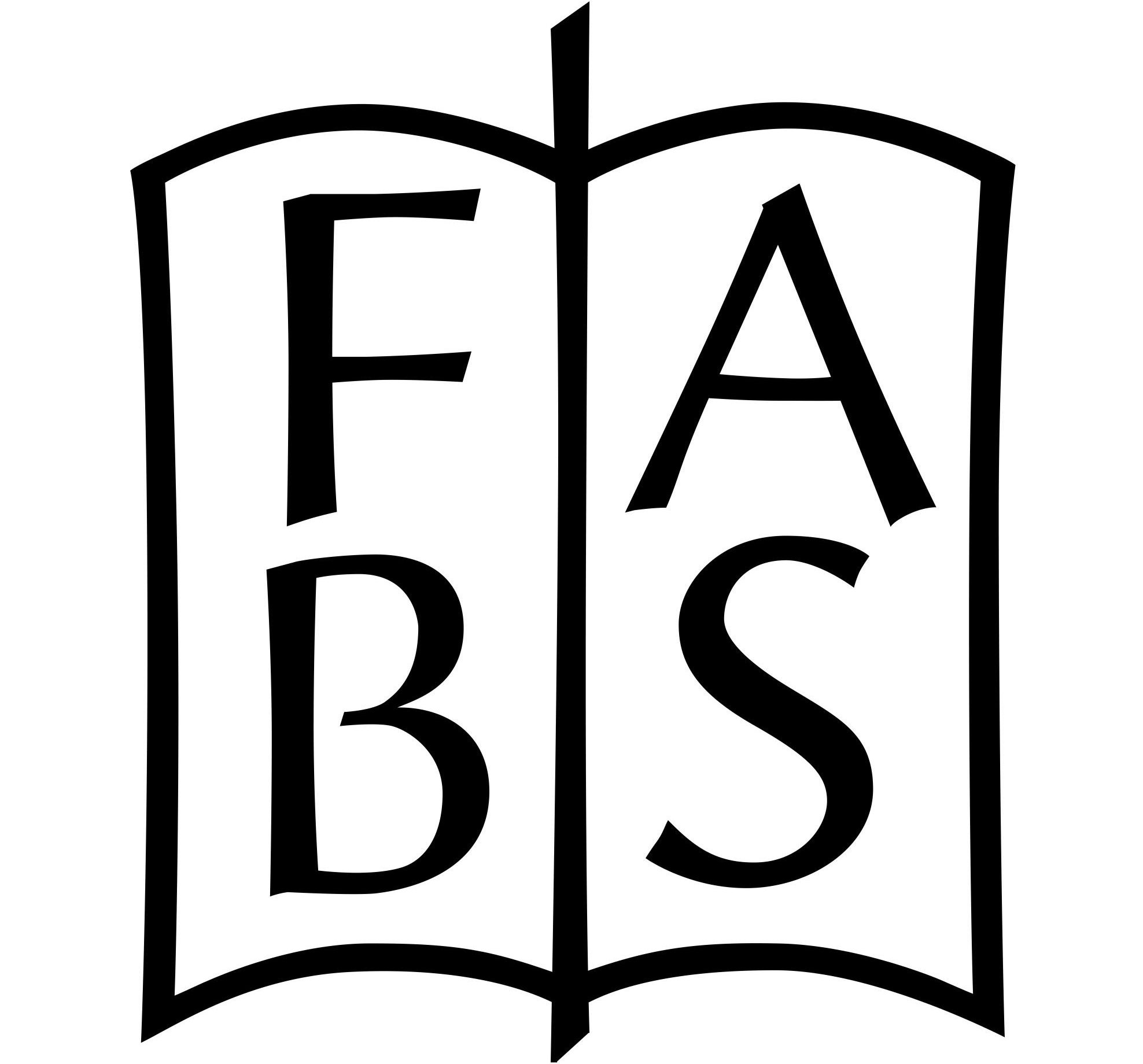The concept of FABS was initially developed after a celebration in 1992, during the 100th anniversary of Cleveland’s Rowfant Club. Leaders of major book clubs in New York, Chicago, Philadelphia, and San Francisco attended. Realizing the many mutual interests of bibliophilic societies, and anticipating the benefits of closer affiliation, a decision was taken to found a “society of societies.” FABS was officially organized at the Grolier Club in New York on November 5, 1993 after an earlier meeting that year in Chicago at the Caxton Club.
The seven founding member societies were The Grolier Club (New York City), The Club of Odd Volumes (Boston), The Rowfant Club (Cleveland), The Philobiblon Club (Philadelphia), The Caxton Club (Chicago), The Roxburghe Club (San Francisco, California), and The Baxter Society (Portland, Maine).
According to founding Chair Lawrence N. Siegler’s message in the initial newsletter, attendees at the initial discussions shared a common desire “to see the national bibliophilic clubs get better acquainted, to share ideas to improve our respective organizations, and to further the social and intellectual enjoyment derived from the larger world of books.” This was the first-ever attempt, so far as we know, to create a truly national and international affiliation of bibliophilic groups.
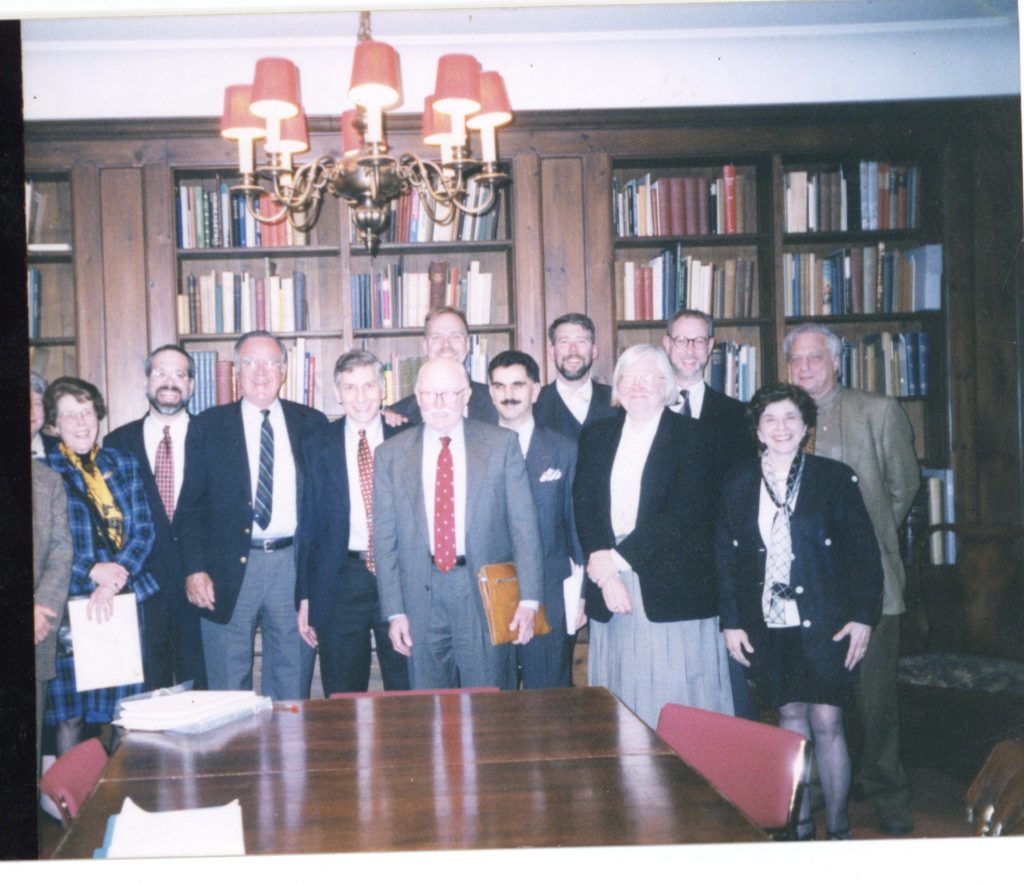
The first official FABS gathering took place in San Francisco in February 1996 during the West Coast Antiquarian Book Fair, and attendees were hosted by the Book Club of California and the Roxburghe Club. The Grolier Club hosted the next gathering, at the New York Antiquarian Book Fair in April. FABS meetings, including the Annual Business meeting, have been timed ever since to coincide with book fairs and other major bibliophilic events. As Chair Siegler noted, “A modest reception, and time to talk to each other, is all that is needed.” Thanks to the efforts of Bruce McKittrick, our first membership chair, the number of FABS societies quickly grew.
Founded in 1995, the FABS Newsletter (later renamed the FABS Journal) was inspired by The Caxtonian, created on a Macintosh computer, and had a circulation of 200. Early issues listed upcoming events at each participating club, to which all members of FABS societies were invited, as well as forthcoming publications by clubs. Summaries of news from each club soon became a mainstay of the publication. Club leaders offered essays on such topics as “The Value of Trips by Clubs Ensemble” and “The Club Newsletter: A Vital Extension of the Club Itself.”
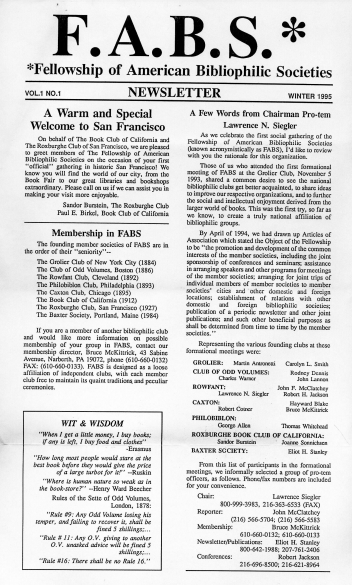
Volume 1, Number 3 (Summer 1996) of the FABS Newsletter included the colophon “This Issue of the FABS Newsletter has been set entirely on the Linotype in Granjon types at the Ascensius Press in Portland, Maine. Three thousand copies were printed near the end of August, 1996.” This marked the beginning of FABS’ long collaboration with editor and designer Scott J. Vile of the Ascensius Press. When Scott stepped down as editor, Kay and Ginny Kramer ably helmed the Journal through twenty-two issues, handling the editing, advertising and distribution, and encouraging subscriptions by libraries and educational institutions. The Kramers also provided FABS with its first website.
FABS quickly gained notice in the bibliophilic world, with features in Biblio and Fine Books & Collections. Entries on FABS would eventually appear in such reference works as The Oxford Companion to the Book (edited by Michael F. Suarez and H. R. Woudhuysen, Oxford University Press: 2010) and Sidney Berger’s Dictionary of the Book (Rowman & Littlefield, 2016, second edition 2022).
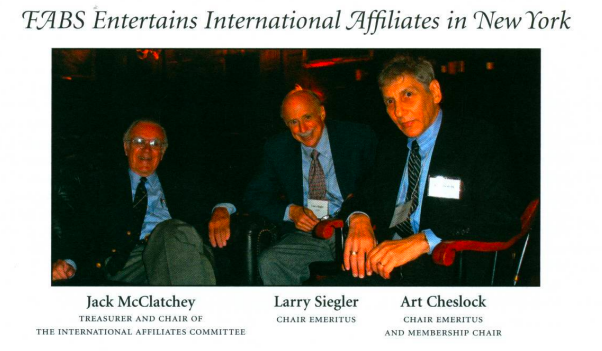
The first FABS trip, billed as a “Book Expedition,” took place in Spring of 1998 in Philadelphia, hosted by the Philobiblon Club and the Delaware Bibliophiles, with visits to The Library Company, the Rosenbach Museum, Oak Knoll Books, Winterthur, and other bibliophilic attractions. Successive trips, now called “Study Tours,” included outings to Detroit/Ann Arbor, San Francisco, and many others; a list is found below. By the turn of the millennium, FABS had grown to include twenty-two societies and was planning its third bibliophilic trip.
Over the years, FABS has reported on the transition to a digital environment for many aspects of the book and print world. The first mention of technology came in Susan Heller’s “Rare Books Through the Net: A Dealer Joins Hyperspace” (Winter 1997), in which Heller explained that in order to have electronic mail, “you must have a provider, who serves to connect your computer to the ‘net’”; she went on to explain “browsers” and “Hypertext links.” Joel Silver’s column “The High-Tech Bibliophile” described the rise of Interloc and Alibris, the first major online retailers to sell rare books by centralizing used book data online, while John Woram (Fall 2002) gave advice on compiling an electronic catalogue for a private collection. In Fall 2001, FABS published a response by Shirley K. Baker of the Association of Research Libraries to Nicholas Baker’s book about the institutional disposal of books and records on paper, Double Fold: Libraries and the Assault on Paper (Random House: 2001). In Winter 2009, Robert Jackson wrote in his Chair’s letter of prototype tablets “supposedly able to contain whole libraries,” but correctly concluded that “the traditional book is far from dead.”
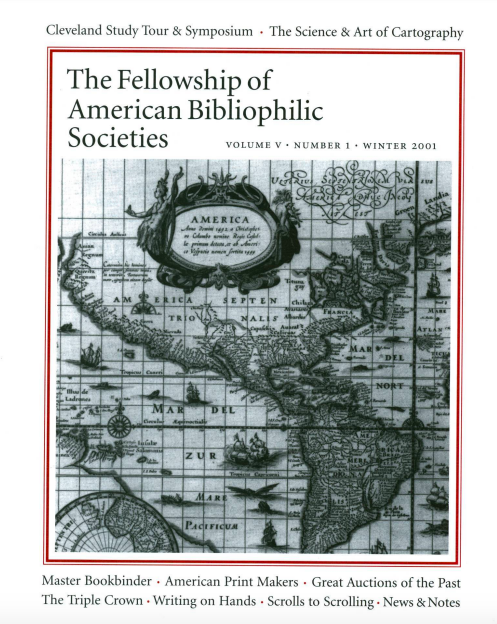
In February 1998, FABS was constituted in Ohio as a nonprofit unincorporated association under Chapter 1745 of the Ohio Revised Code. While FABS is also a 501c (6) nonprofit under Federal law, its Articles of Association reflect Ohio law for nonprofits. On 10 June 2021, the Trustees amended the Articles of Association to specify that member organizations “do not discriminate on the basis of race, color, religion (creed), gender, gender expression, age, national origin (ancestry), disability, marital status, sexual orientation, or military status, in any of [their] activities or operations.”
As of 2022, an archive of early FABS documents is housed at the Western Reserve Historical Society in Cleveland, Ohio.
Past Tours
- 1998 Philadelphia
- 1999 Detroit, Ann Arbor
- 2000 San Francisco (Jack McClatchey)
- 2001 Cleveland (Lawrence Siegler, Robert Jackson, Jack McClatchey)
- 2002 Chicago
- 2003 Pasadena, Los Angeles (John Carson)
- 2004 New York (Paul Romaine)
- 2005 St. Louis (John N. Hoover)
- 2006 Seattle
- 2007 Washington, DC
- 2008 Newport, Providence
- 2009 No tour
- 2010 Ann Arbor, Detroit (Joan Knoertzer)
- 2011 Pittsburgh
- 2012 Boston
- 2013 Baltimore (Arthur Cheslock, Binnie Braunstein, Earle Haven)
- 2014 Cleveland (The Rowfant Club)
- 2015 Philadelphia (Bruce McKittrick)
- 2016 San Francisco (Book Club of California)
- 2017 Texas (Terre Heydari)
- 2017 Moscow/St. Petersburg (William E. Butler)
- 2018 Delaware (Mark Samuels Lasner)
- 2019 St. Louis (John N. Hoover)
- 2020 Florida (Jerry Morris and Florida Bibliophiles), canceled due to the pandemic
Do you have information about local organizer(s) for past tour(s)? Please let us know!
